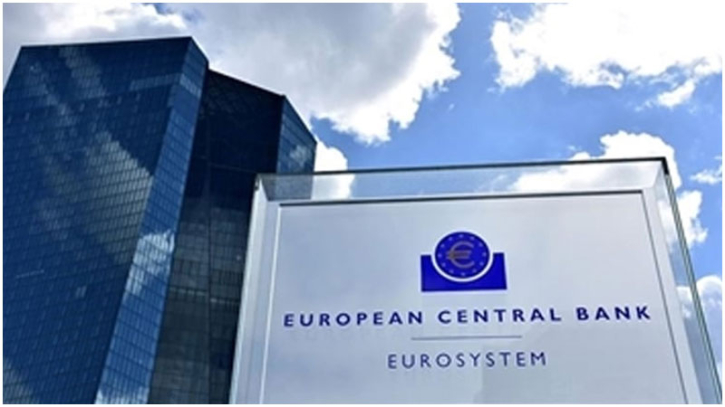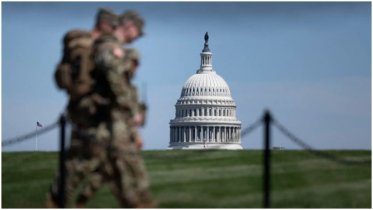ECB to hold interest rates steady as inflation remains near target

The European Central Bank (ECB) is expected to keep interest rates unchanged for a third consecutive meeting on Thursday, as inflation remains close to its target and the eurozone economy shows signs of resilience.
After a series of rate cuts over the past year, the ECB has held its key deposit rate steady at two percent since July. With inflation now stabilizing around the bank’s two-percent goal and Europe performing better than expected amid U.S. President Donald Trump’s tariff measures, policymakers appear in no rush to cut further.
“The current level of interest rates is appropriate,” said Spain’s central bank governor and ECB Governing Council member Jose Luis Escriva in an interview with *El Diario* over the weekend.
ECB officials are meeting in Florence, Italy, for one of their periodic sessions away from the bank’s Frankfurt headquarters. The official rate decision will be announced at 13:15 GMT, followed by President Christine Lagarde’s press conference, where markets will watch closely for any clues about future policy moves.
While the U.S. Federal Reserve has begun reducing borrowing costs again—cutting rates for the second straight meeting on Wednesday by a quarter of a percentage point—the ECB is expected to stay on hold for now. The eurozone’s economy has shown enough strength to ease pressure for immediate easing, and the bank raised its growth outlook at its last meeting in September.
Still, several risks could cloud the outlook. Political turmoil in France has pushed up borrowing costs in the eurozone’s second-largest economy, while renewed trade tensions threaten to dampen sentiment across the bloc.
Analysts say these challenges have reignited debate within the ECB about whether more cuts might be needed later this year. “Rate-setters appear split with regard to the balance of risks to inflation and the need for an ‘insurance’ cut over the coming few months,” analysts at UniCredit wrote this week.
Some policymakers, including Lithuania’s Gediminas Simkus, have called for a rate cut at the ECB’s next meeting in December, arguing that a strong euro and weakening wage growth could weigh on inflation. “From a risk-management perspective, it’s better to cut than not,” Simkus told Bloomberg in September.
Andrew Kenningham, chief economist at Capital Economics, said he expects the ECB to reduce rates again in 2026 as inflation and wage growth continue to cool. “There are now very few reasons to fear a resurgence of inflation—the economy remains weak, and the labour market is loosening,” he told AFP.
.png)




